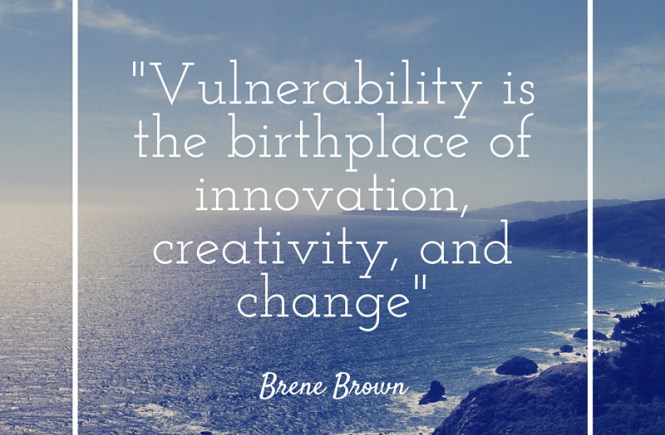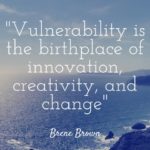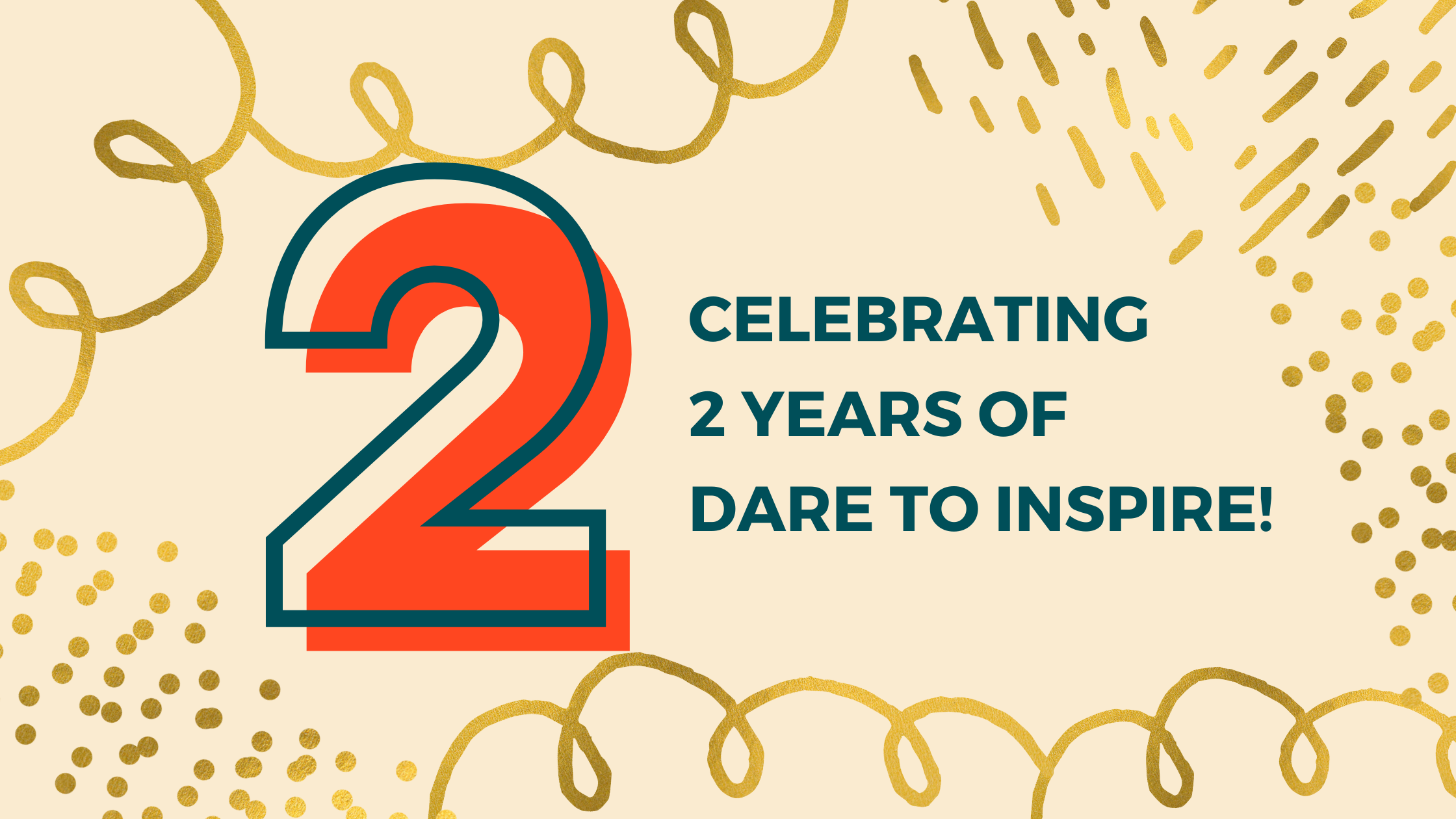
Getting Naked- Vulnerability in Leadership
Vulnerability in Leadership
No, you didn’t read it wrong, we did say “getting naked”. And while we don’t mean it literally, we do mean it seriously.
We are not only fascinated by vulnerability as essential to strong leadership; we also know that when honed as a competency in leaders, it will drive innovation, engagement and productivity.
The Power of Vulnerability
Recently, as part of his farewell address to his Expedia employees, Uber’s new CEO, Dara Khosrowshahi, admitted to being scared of the challenge of his new role. In just 8 short, vulnerable words — “I have to tell you that I am scared” — Khosrowshahi set a foundation for his new company culture and began building trust with his new employees, giving them permission to embrace their own vulnerability and release shame that can hinder performance.
“If you want a culture of creativity and innovation, where sensible risks are embraced on both a market and individual level, start by developing the ability of managers to cultivate an openness to vulnerability in their teams.” Peter Sheehan
Being vulnerable can feel like getting naked, but it is critical for leaders to embrace if they want to accelerate the performance of their people. Vulnerability in leaders acts as an invitation for employees to let their guards down and take the kinds of calculated, intentional risks that result in new ways of thinking and innovating.
 Brene Brown, a speaker, author and research professor at the University of Houston Graduate College of Social Work, agrees but also cautions leaders who resist vulnerability and consider it a weakness when in fact, it is the opposite. She writes about the common perspective many of us hold: “The difficult thing is that vulnerability is the first thing I look for in you and the last thing I’m willing to show you. In you, it’s courage and daring. In me, it’s weakness.” Since 2005, Brown has studied vulnerability, courage, worthiness, and shame. Her research challenges what many leaders feel, that vulnerability signals weakness, and instead she concludes that vulnerability actually makes us trusted and is a sign of strength. She is currently on tour with her most recent book, Braving the Wilderness: The Quest for True Belonging and the Courage to Stand Alone.
Brene Brown, a speaker, author and research professor at the University of Houston Graduate College of Social Work, agrees but also cautions leaders who resist vulnerability and consider it a weakness when in fact, it is the opposite. She writes about the common perspective many of us hold: “The difficult thing is that vulnerability is the first thing I look for in you and the last thing I’m willing to show you. In you, it’s courage and daring. In me, it’s weakness.” Since 2005, Brown has studied vulnerability, courage, worthiness, and shame. Her research challenges what many leaders feel, that vulnerability signals weakness, and instead she concludes that vulnerability actually makes us trusted and is a sign of strength. She is currently on tour with her most recent book, Braving the Wilderness: The Quest for True Belonging and the Courage to Stand Alone.
At InspireCorps, we stand on and build from her research to train and develop this competency through our partnerships with companies. We are certified in her Daring Way process, which allows us to build vulnerability into our work with leaders, teams and organizations.
Vulnerability in Action
In our recent work with the CEO of a dynamic tech firm and his senior team, we watched the power of vulnerability at work. It began when we led them through a graphic facilitation of the history of the company. This exercise allows the team to walk through its history, celebrate its strengths, translate key insights into actionable planning and behaviors, and create a vision from which to build a strong growth strategy for the future. As part of the process, we ask leaders to “get naked” as they reflected on the past. We asked them to share candidly about what those early days felt like and to pull out what they learned from each success, and failure, along the way.
Much to our surprise, the CEO, not normally a “touchy-feely” guy, shared openly and honestly, what it had taken to build a $50M company from the ground up. He shared about his personal tragedies and triumphs, and what he learned from the struggle. And at the end of the exercise, he shared that he wakes up everyday feeling the weight of the responsibility for taking care of all of his employees. He shared that he is “scared of losing the culture he created as they grow”, a culture built on taking care of each and every employee.
As he spoke, we watched his team deepen their connection with him at an entirely new level, recommitting to performance excellence and offering to share the responsibility of caring for all employees. His vulnerability and empathy for his employees translated into a new level of trust, aspiration and commitment to drive results, so that the company culture can be strengthened.
Yes, it works.
It may not be easy or comfortable, but vulnerability is essential for creating a human experience and not only building, but securing, a culture of performance excellence.
How do you show your vulnerability in business? Please share your experiences below or start a conversation on our Facebook Page.
Want more? For the latest from InspireCorps and to find out what we’re doing, sign up for our newsletter here!







